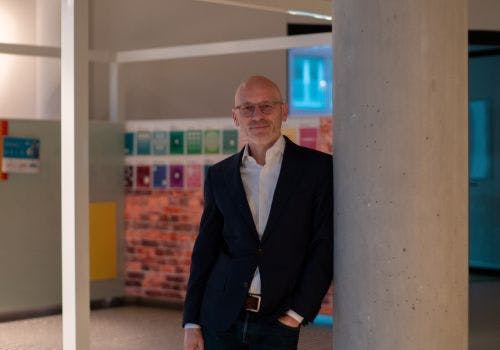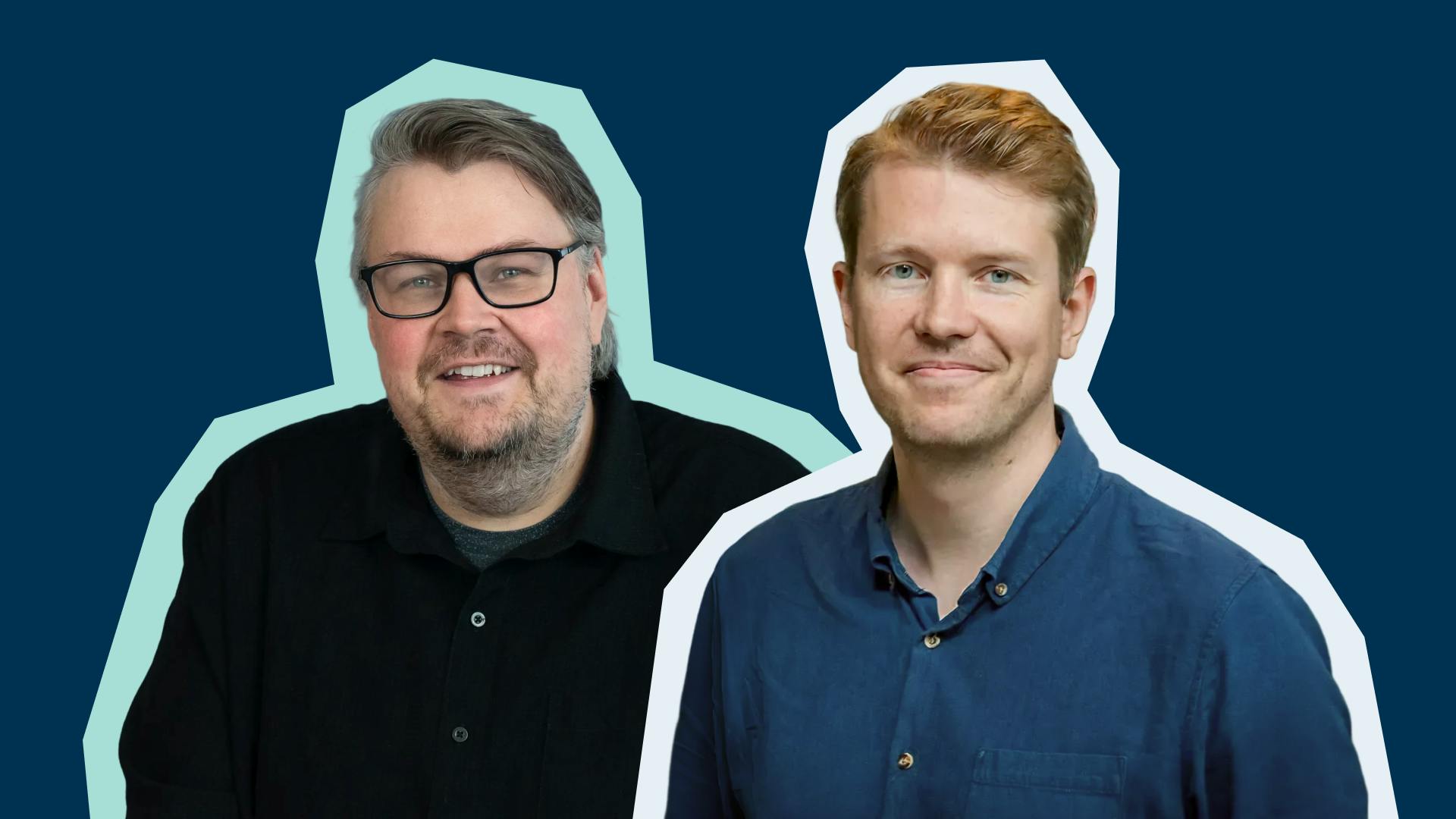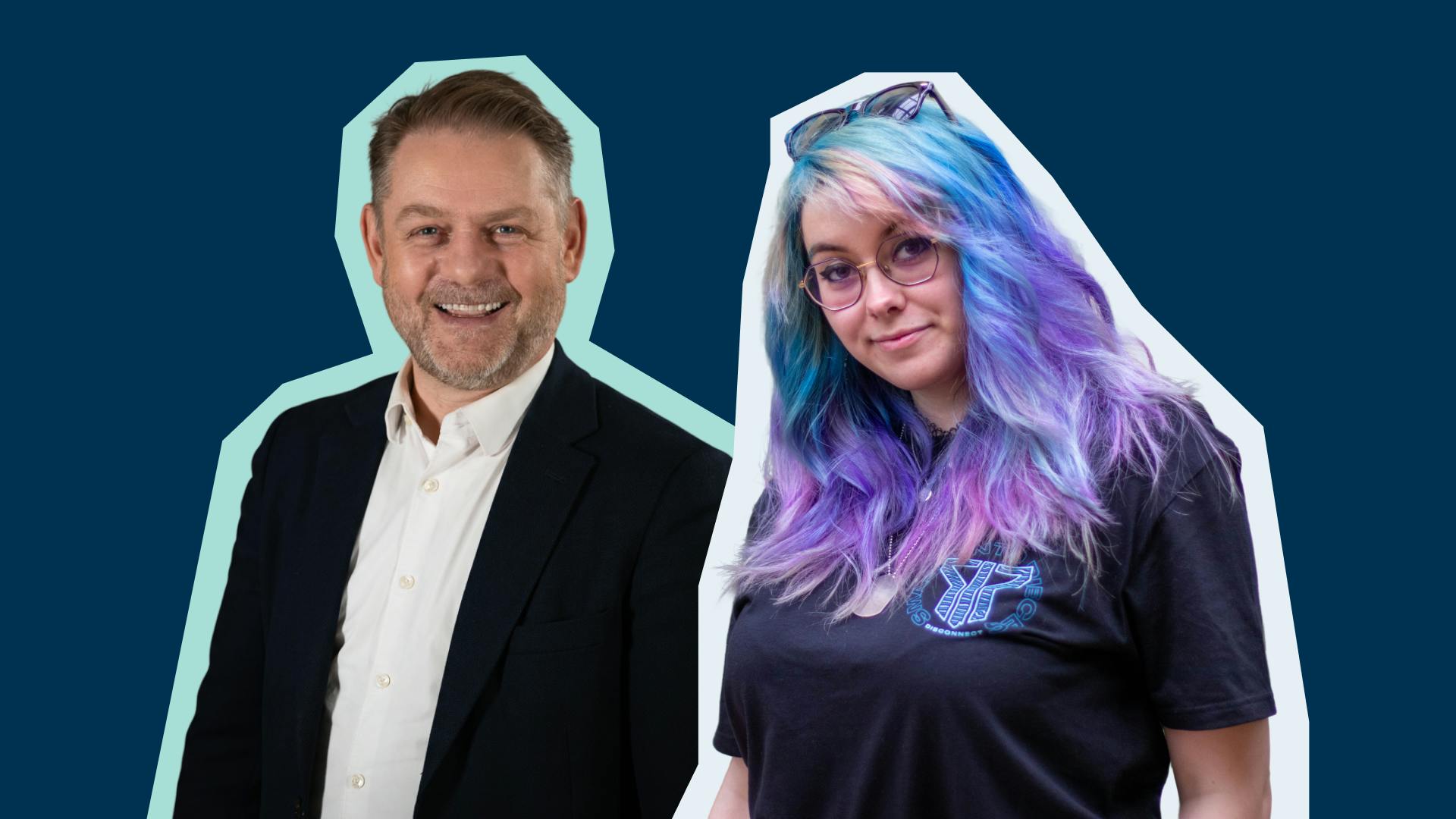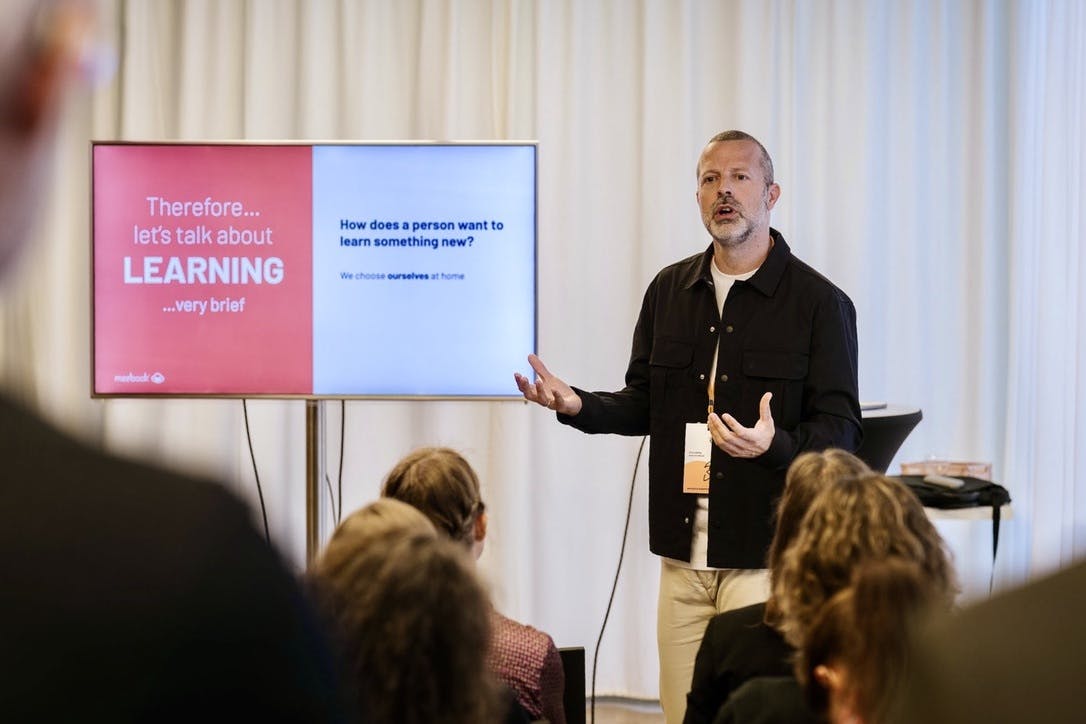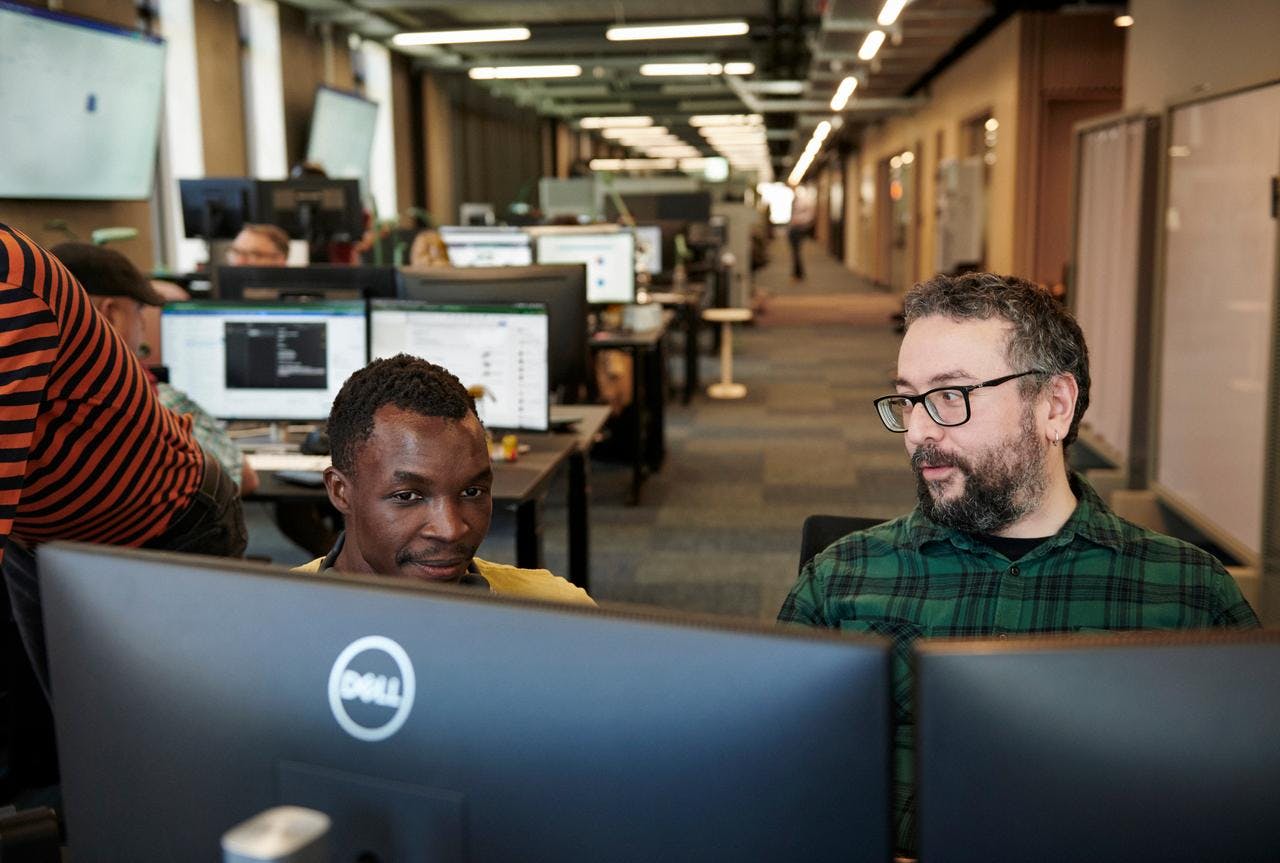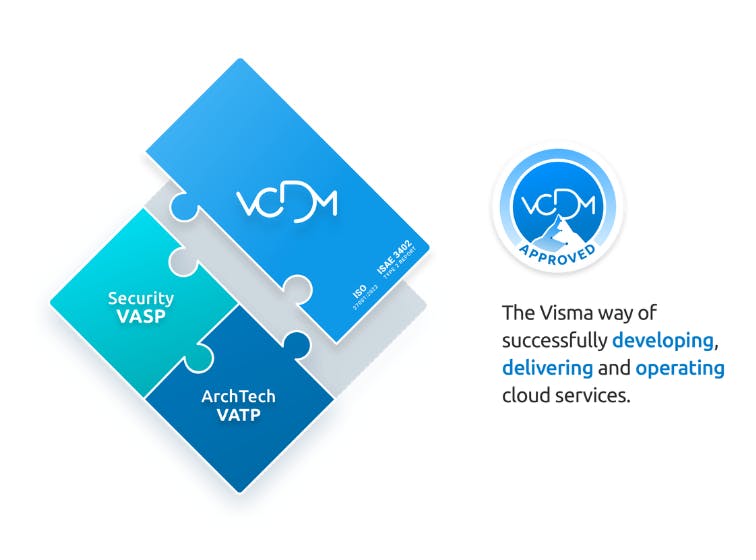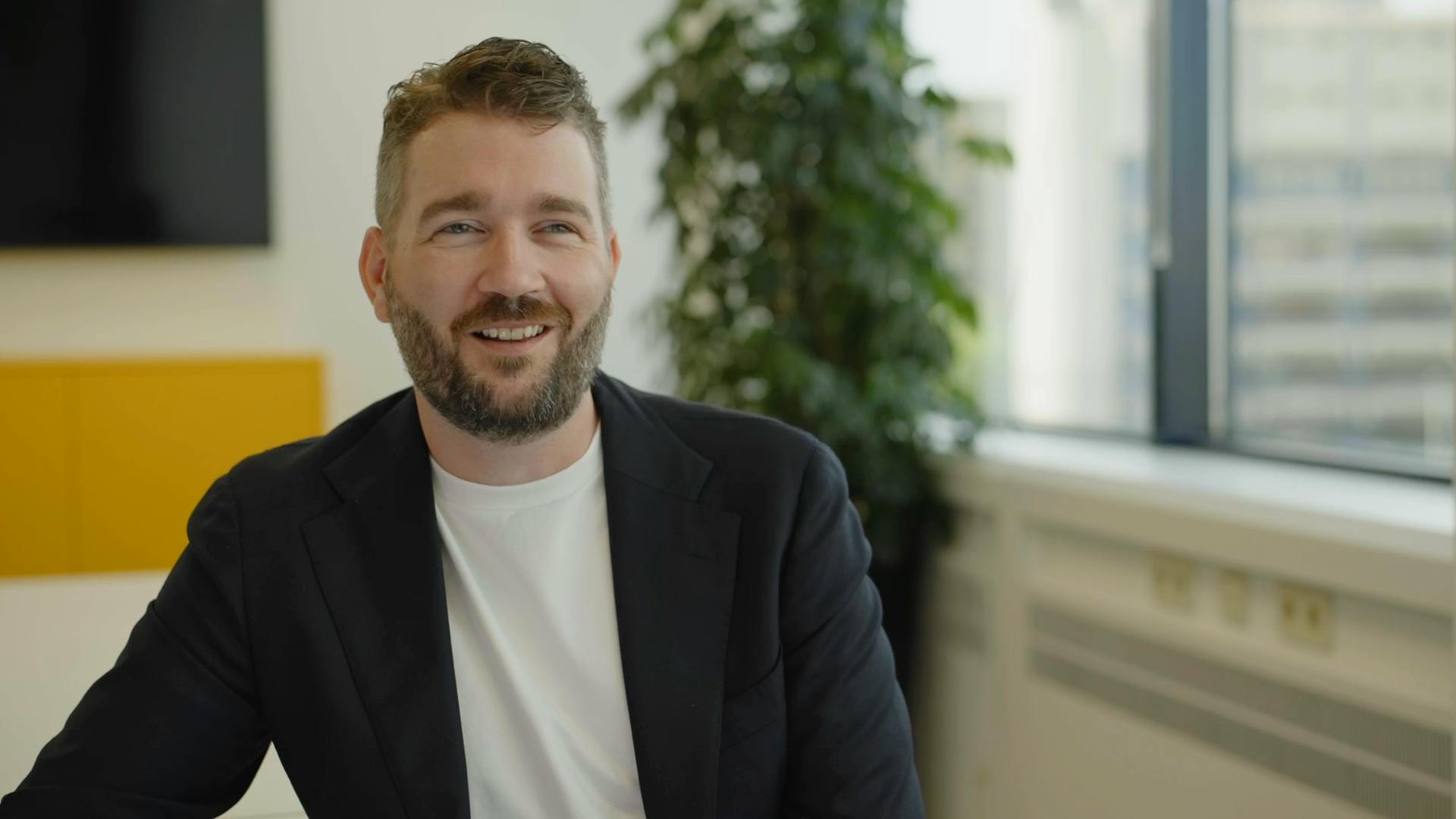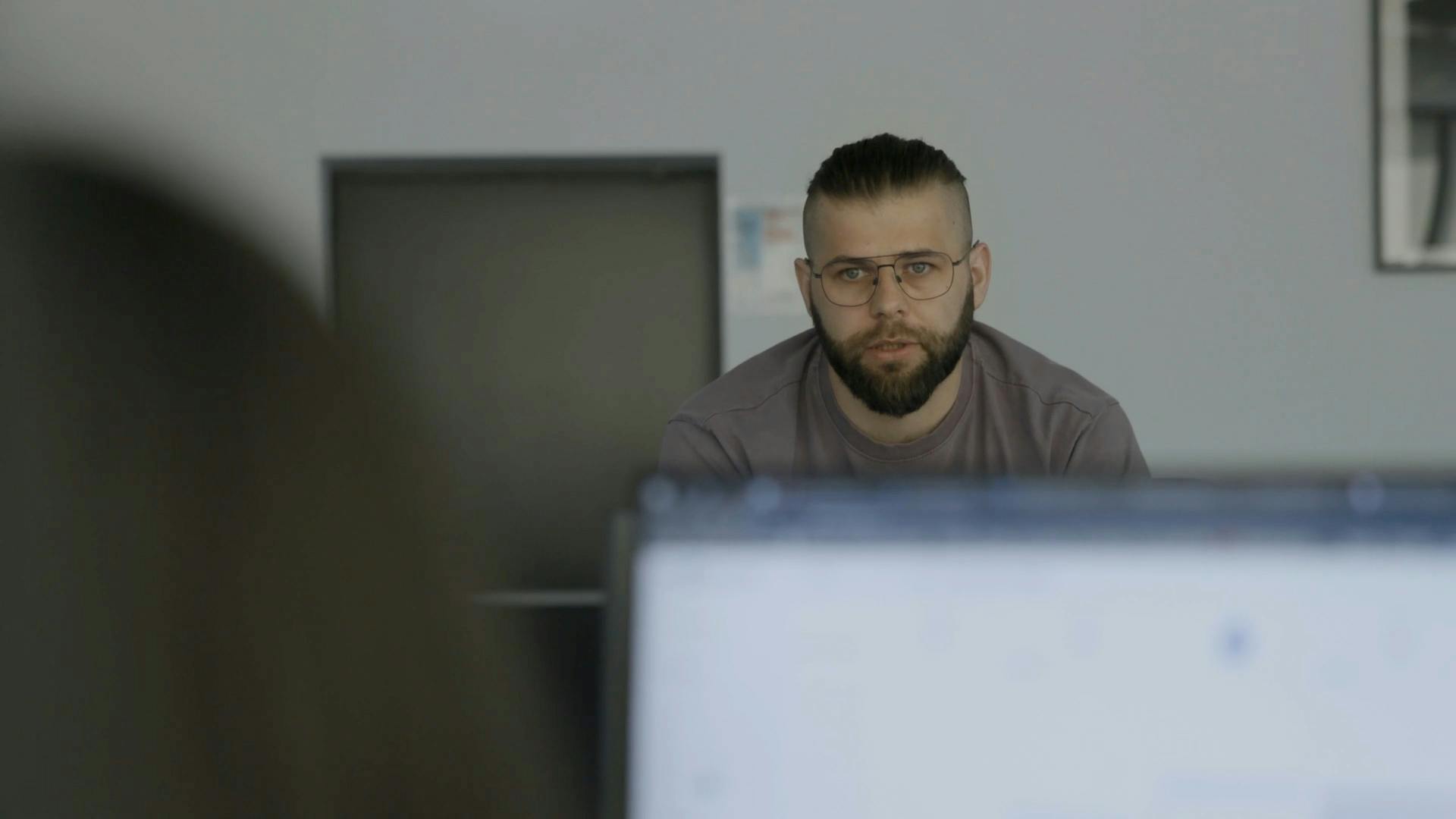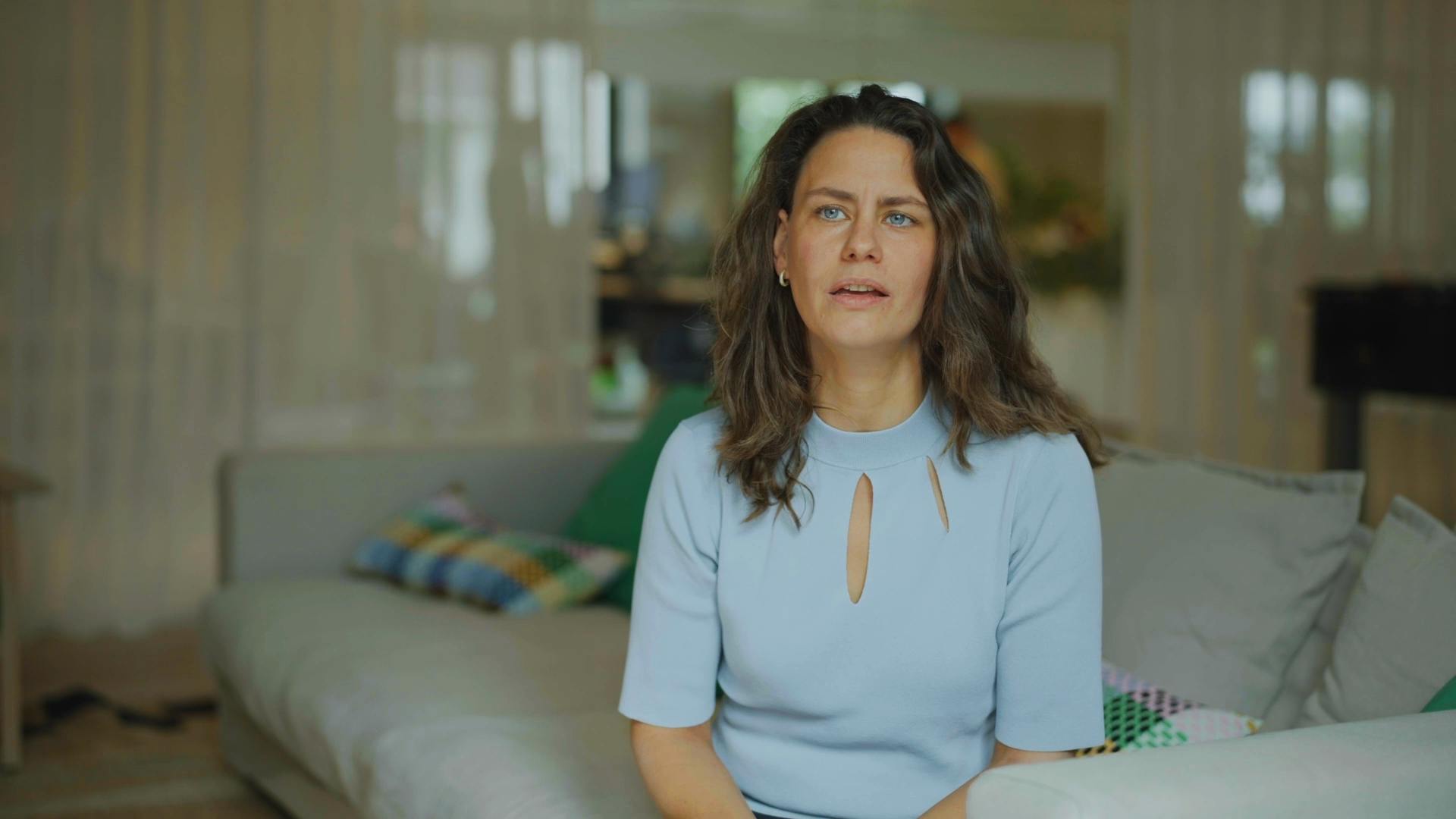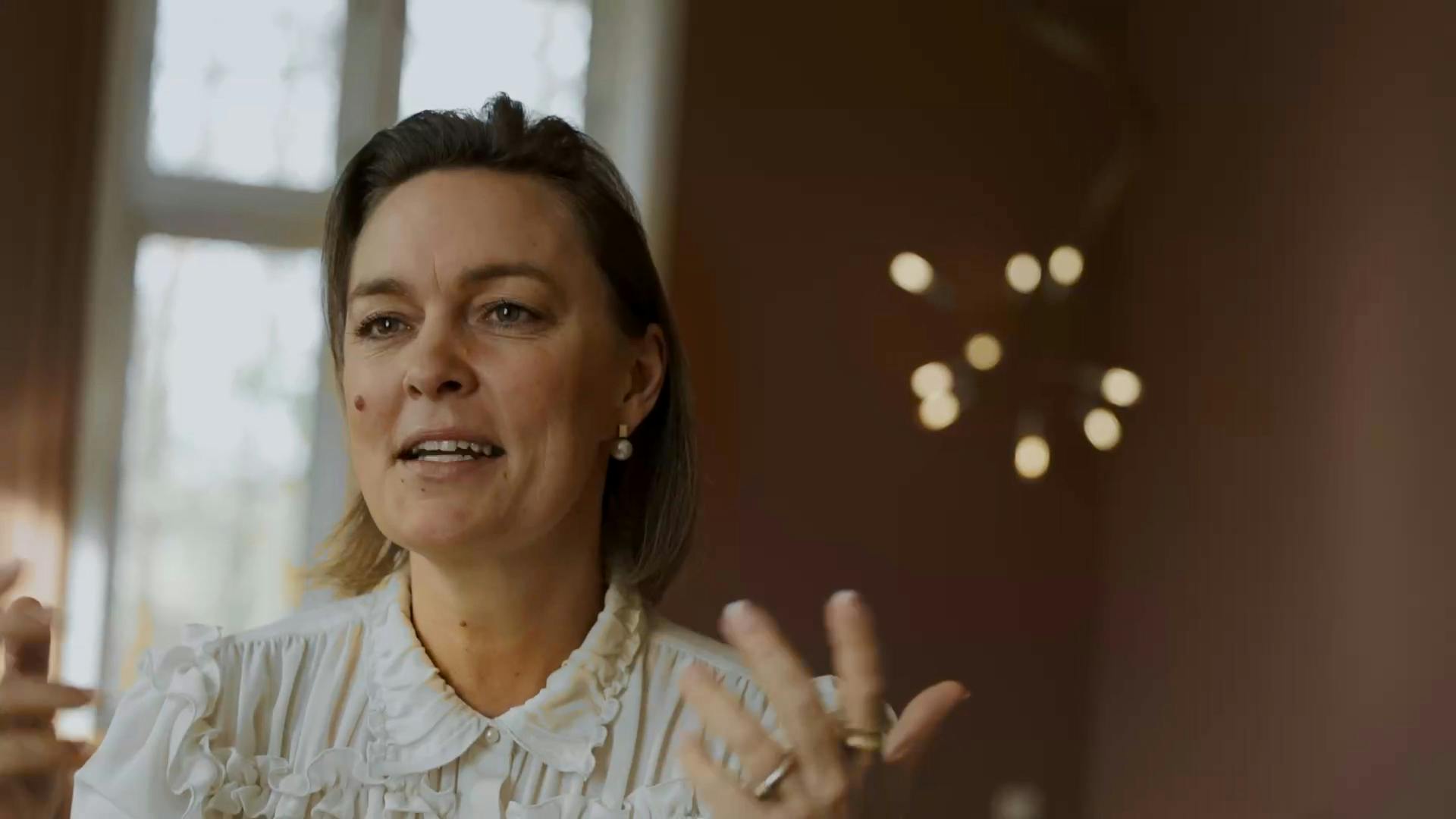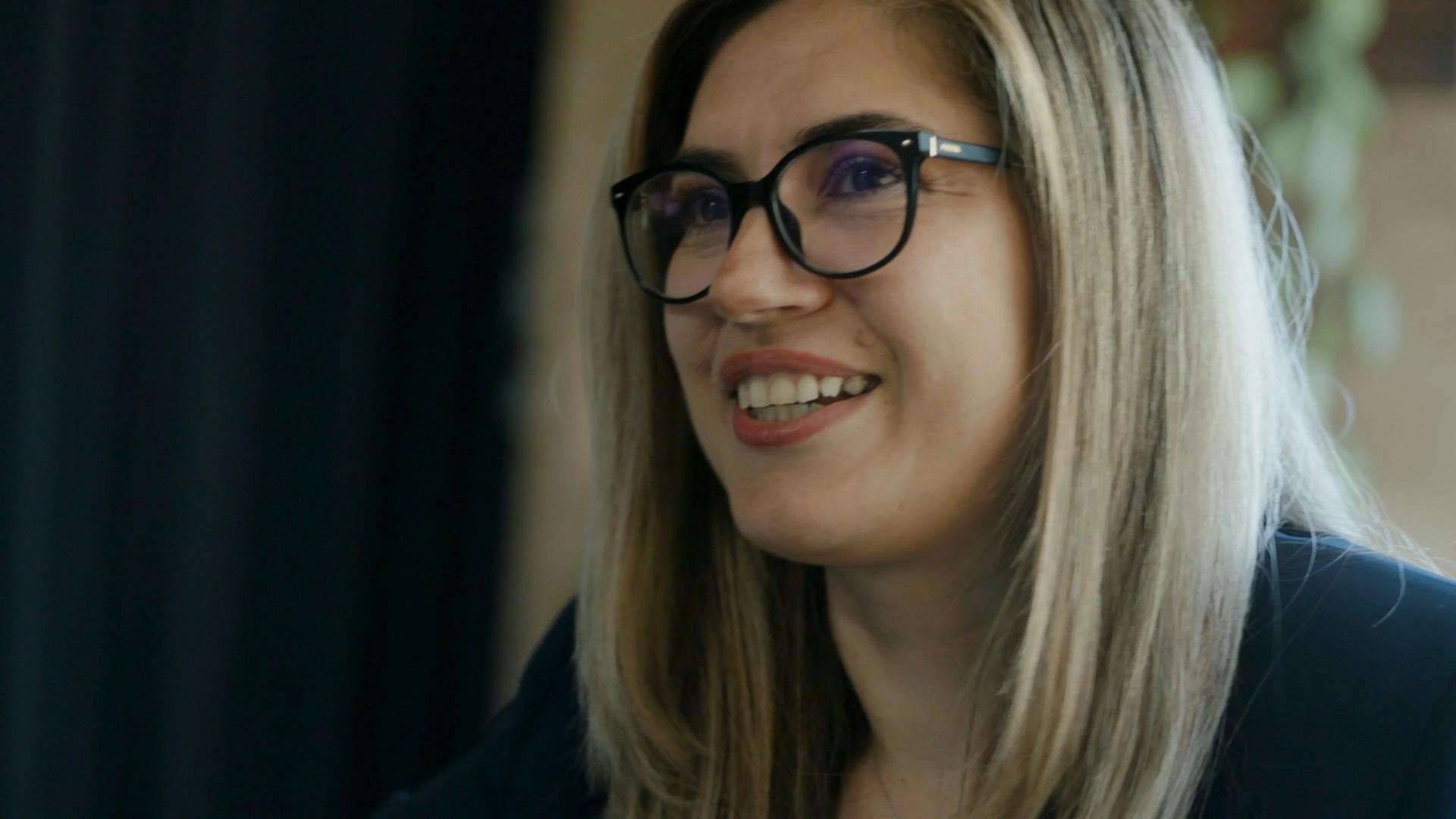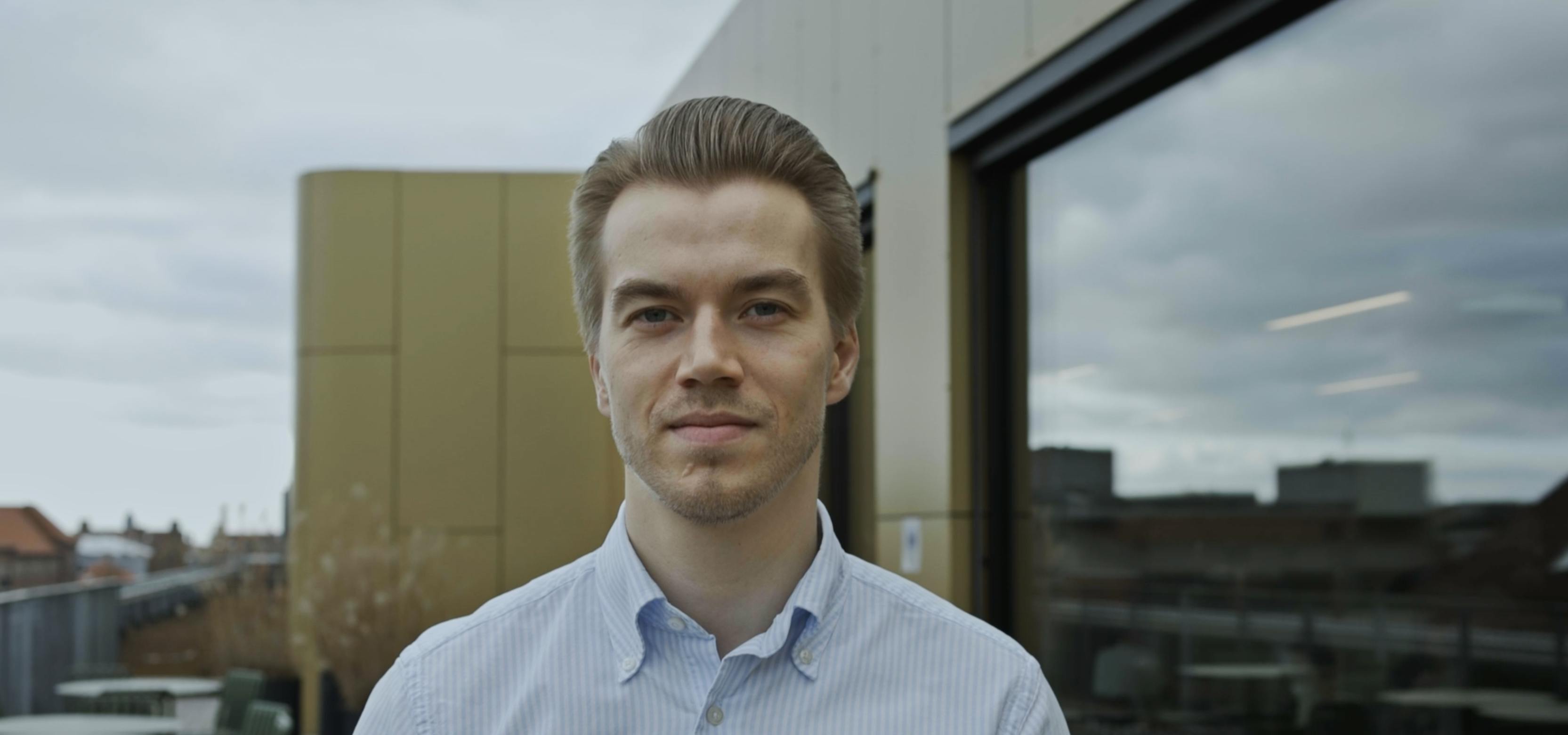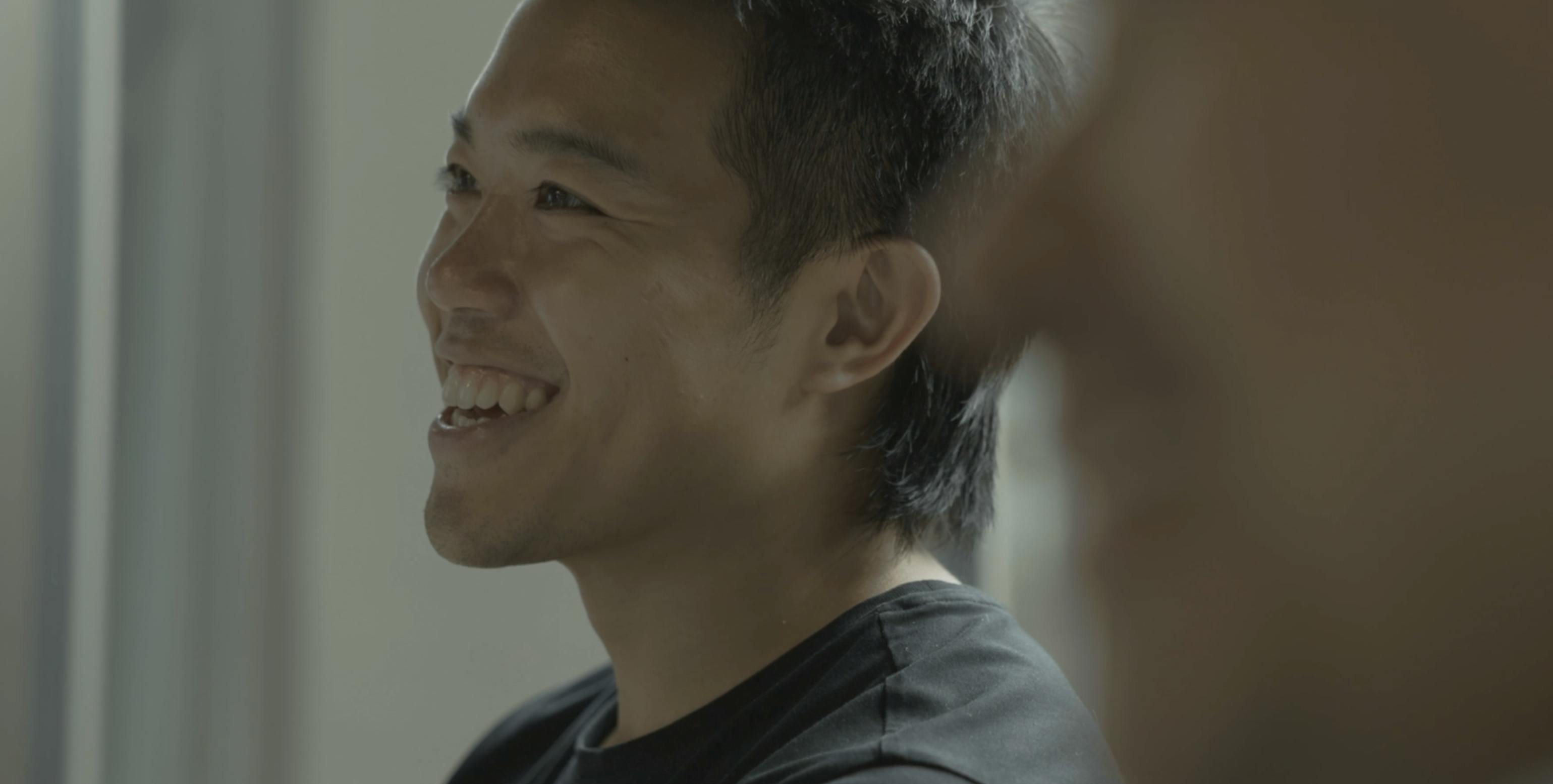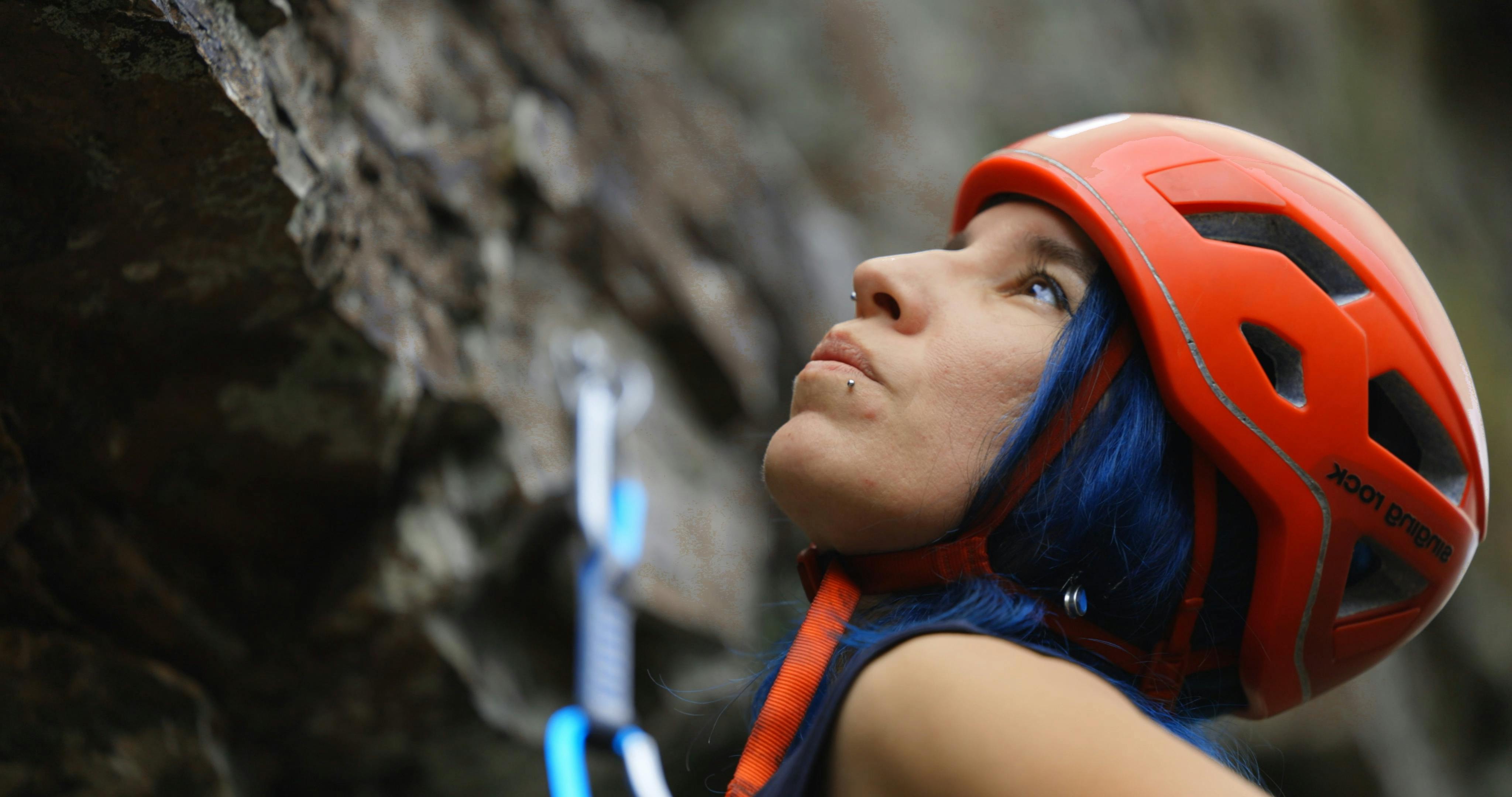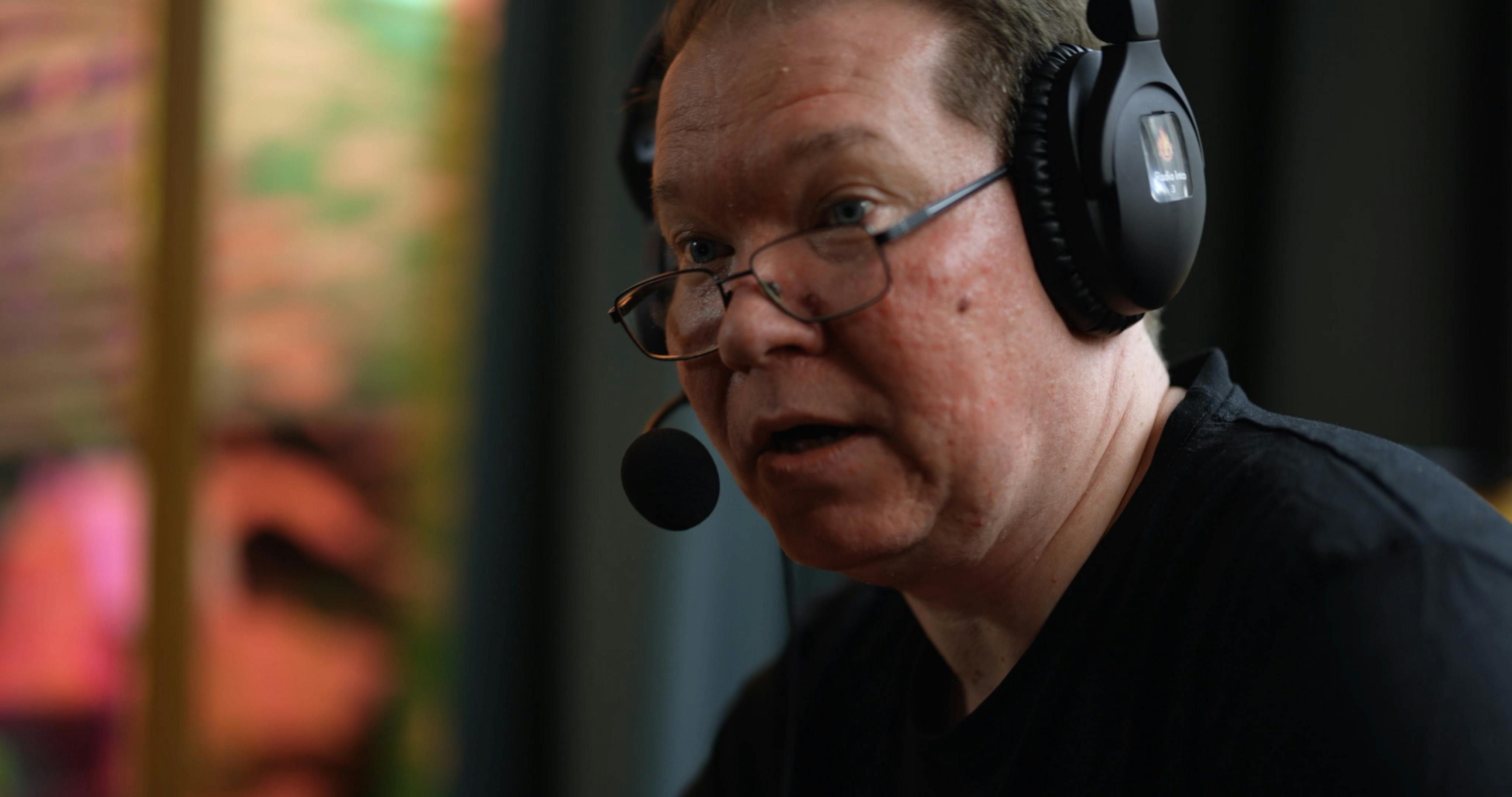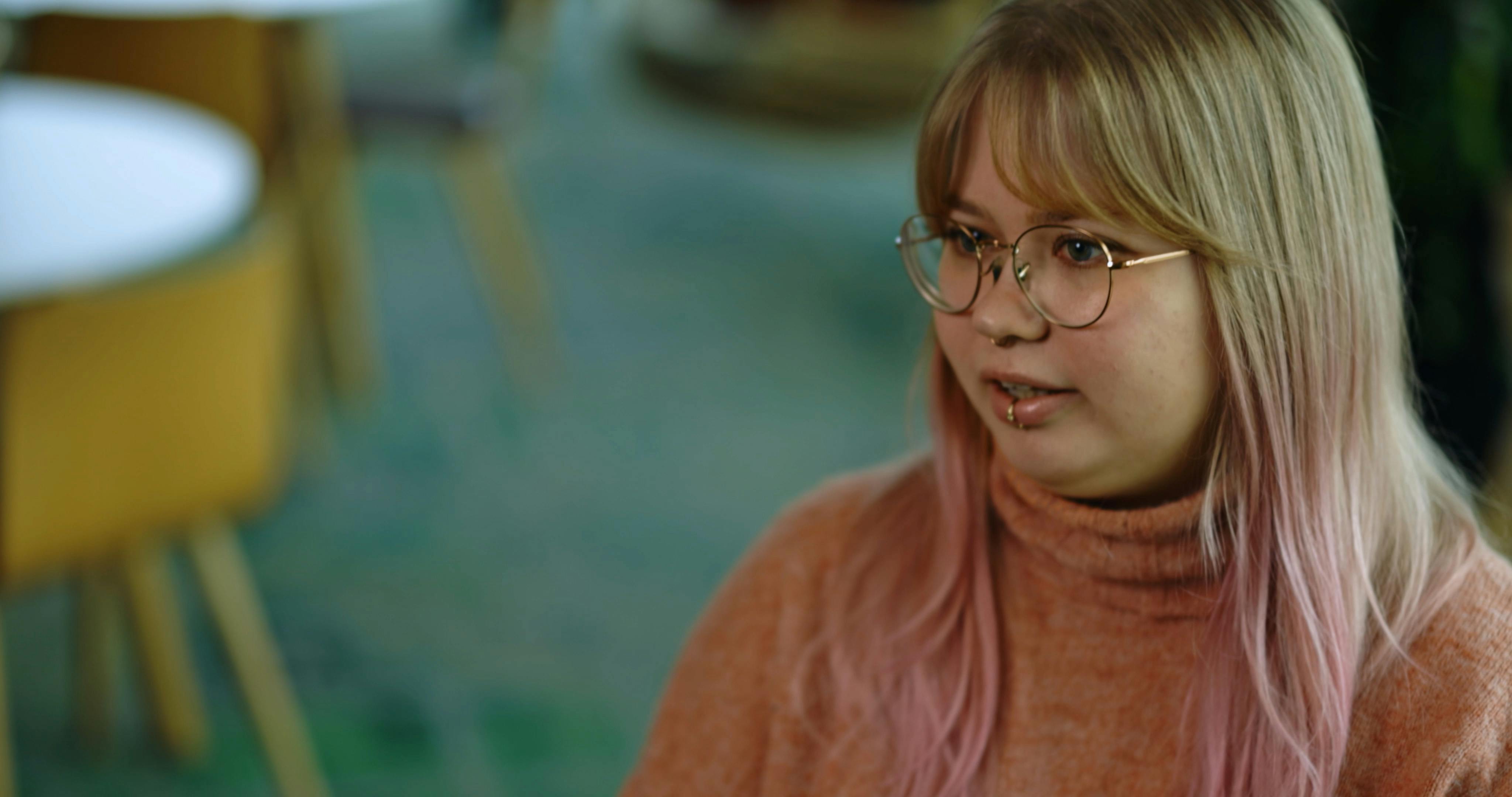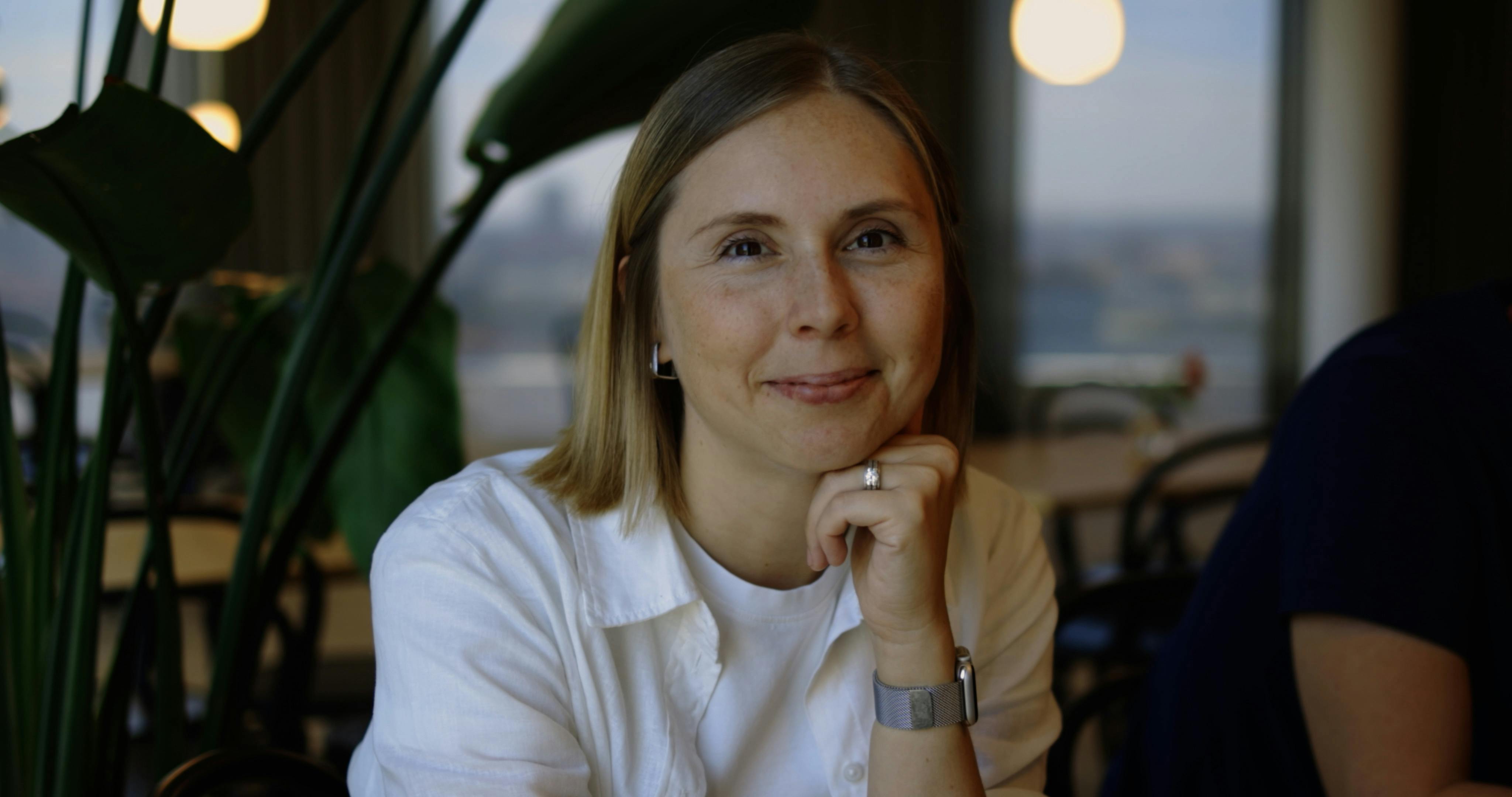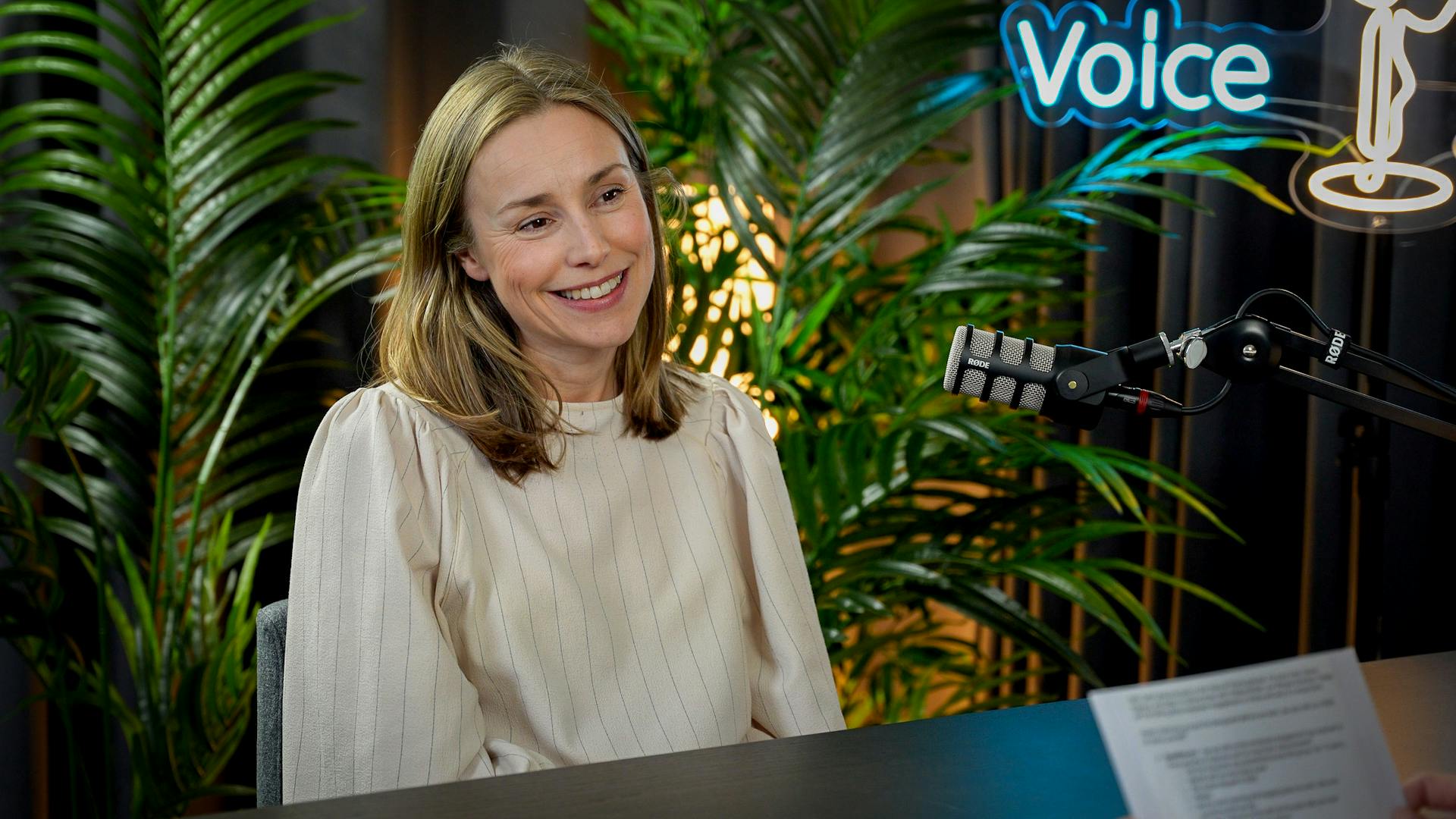Article
Neurodiversity at work: Leveraging strengths and navigating challenges
16/12/2024
min read
Life at Visma
Article
Neurodiversity at work: Leveraging strengths and navigating challenges

Neurodiversity refers to the differences in our brains that form natural variations – a spectrum, if you will – of the human experience. This spectrum spans from one end to the other:
- Neurotypical: Thoughts, behaviours, and learning styles that are commonly displayed.
- Neurodivergent: Thoughts, behaviours, and learning styles that differ from the most commonly displayed patterns.
…and then we have plenty of characteristics in between, reflecting the diversity of humans.
Unfortunately, misconceptions are deeply rooted in this concept. One that is particularly damaging is the tendency to label neurotypical people as ‘the default’. Humans aren’t programmed with a default setting, and neurotypical and neurodivergent people alike each have unique sets of qualities and struggles.
When we’re able to truly understand and embrace neurodiversity, this unlocks untapped potential, brings fresh perspectives, and boosts creativity and innovation – all while enabling more people to feel comfortable being their authentic selves. That’s why we spoke with Erik Toffolo from Visma Connect and Álmos Bánhegyi from Visma Solutions OY to challenge common myths and explore the benefits that neurodiversity brings to a workplace.
A journey of self-discovery
Today, Erik is both a Test Automation Engineer and an Autism Ambassador at Visma. But back when he was 25, he’d been struggling for years with maintaining structure in his life. “I had heard about ADHD and autism through others but I didn’t think I met the criteria of either neurotype”, he recalls. “Five years later, I had made very little progress and decided to get tested. That’s when I discovered that I do, in fact, have both autism and ADHD. Getting diagnosed was like uncovering a part of my personal user manual that had been missing for a long time.”
As an undiagnosed neurodivergent person, one might feel like anything that goes wrong is all their fault. Personally, I feel fine most days without additional support, but knowing that it’s okay to ask for help when I’m struggling has helped me tremendously.
- Erik
When Erik first joined Visma in 2015, he started working at the service desk. He immediately felt comfortable being open about his ADHD diagnosis, but worried that his colleagues might assume he wouldn't handle phone calls with strangers well – a key part of his role at the time, and a common misjudgement about people with autism. “When I moved on to working with software testing, I saw that as a good opportunity to be open about being autistic, as well. I had been working alongside those people for a while already, which made reintroducing myself feel less intimidating. I casually told them, 'hey, that person you’ve had a good working relationship with for years now, he’s actually autistic'”, he reminisces.
Erik received nothing but positive feedback because of his openness. This sparked his motivation to extend a sense of community to others who might be struggling in silence. That’s how he became an Autism Ambassador. “Everyone’s support needs are different and vary over time. What’s most important is just knowing that you always have someone to talk to when you need it.“
“I’ve always known I have someone to talk to in Visma Connect. Opening up about being neurodivergent, and becoming an Autism Ambassador later on, has been incredibly rewarding. Besides the joy of helping others, I now know that more people understand where I’m coming from when I ask for help.”
- Erik
Understanding and navigating neurodiversity
Álmos, a Software Developer at Visma Solutions OY, felt as if he was stumbling through his childhood. “It was only a few years ago that I randomly met someone who had a child with autism. She was the first person who pointed out that I had some autistic traits, similar to her son, which is what made me look into autism to begin with”, he recalls. He started researching common perceptions of people with autism, and asking his online gaming friends – some autistic themselves – for advice.
Since then, Álmos has been diagnosed with ADHD, autism, and depression. He has come to terms with being neurodivergent and strongly resonates with how other autistic people tend to view the world. “Getting diagnosed didn’t necessarily provide any sense of relief but made it much easier for me to decipher myself and the things I find challenging. It gave me an opportunity to better understand myself”, he shares.
While Álmos enjoys working with software development now, there is no denying that his path to self-discovery impacted his career. Reflecting on his first-ever job, he describes himself as socially naive, often misinterpreting social cues, and getting into situations that could have been handled differently. Despite these challenges, he recalls the experience as positive overall. His second job at another company proved less tolerant and more stressful. “The way I acted at the time caused a lot of problems, both big and small. Now, I understand that I didn’t have the right tools or knowledge to read the room properly, which led to many misunderstandings. It obviously wasn’t a very pleasant experience”, he recalls. “Although I had a certain grasp of my situation by then, getting diagnosed was a massive eye-opener for how much I struggled.”
“While I believe my autistic traits helped me stand out positively in some ways, not properly understanding it or knowing how to navigate it caused a lot of problems down the line.”
- Álmos
Today, Álmos accepts that misunderstandings are just a part of life, regardless of whether someone is neurotypical or neurodivergent. He doesn’t find collaboration as challenging as he used to, having identified the considerations he needs to succeed. “I’ve learned the importance of being attentive to how I communicate – choosing my words carefully, being mindful of my tone, and paying attention to my body language. I can’t assume others will speak up if something I say or do isn’t clear, so I make it a point to think twice when considering my approach, and regularly ask for feedback”, Álmos explains. “At the end of the day, my struggles aren’t anybody’s fault. It is what it is, and I have found a healthy compromise that works for me.”

Benefits and barriers
When asked about the value of neurodiversity in the workplace, Álmos emphasises the importance of different perspectives. Before getting diagnosed, his tendency to approach challenges differently created a domino effect in his life. Sometimes, that was a good thing; other times, it wasn’t. But he remains adamant that a healthy balance of diverse perspectives and approaches is the key to solving any problem.
In addition to his unique perspectives, Álmos points to his relentless curiosity and sharp analytical thinking as personal strengths. His drive to thoroughly understand why things work the way they do enables him to be very detail-oriented, which has helped him uncover issues that might otherwise have gone undetected.
While neurodiverse people sometimes excel in certain areas, I think diversity in all its forms is beneficial to a workplace. Customers will also be diverse, so having a diverse workforce is a necessity when creating products that others really connect with.
- Erik
The challenges faced by neurodivergent people are often invisible to others, making it harder to implement effective tools and support systems at work. Open and clear communication plays a crucial role in identifying diverse needs. Erik, for example, sometimes struggles with overstimulation. “Whenever I feel overstimulated, I find it tremendously helpful to know I have the option to stick to one point of contact for as long as I need. I’ll ask my manager if I can redirect any requests to them, so I can focus on one thing and, in turn, handle that in the best way possible”, Erik explains.
Álmos finds that his biggest struggles are related to communication. “Although I have taught myself how to read cues to better understand others, processing things the way others often do by default can be exhausting”, he shares. He also experiences sensory issues – getting overwhelmed by things like loud or repetitive noises and bright lights – which adds to that exhaustion.
Besides having the option of working from home, minor adjustments can go a long way. Álmos makes sure to adjust the brightness settings on his laptop and power settings to control the sound of the case fan. If the environment he’s working in gets too noisy and distracting, he moves to a designated quiet area. “At the end of the day, communication is key. People tend to do things in the way they’re used to but that doesn’t mean they would mind a compromise”, Álmos emphasises.
“Don’t be afraid to ask, because chances are others won’t know what you need unless you tell them.”
- Álmos
What managers and team members can do to embrace neurodiversity
Here are some manageable strategies and actions for creating a workplace that supports neurodiversity, ensuring that every individual can thrive:
- Offer flexible work arrangements: Accommodate people’s individual preferences and needs by letting them choose whether to work from home or the office.
- Provide quiet spaces in the office: Designate quiet rooms, especially in open office layouts, to help minimise distractions and noise for those who prefer calm work environments.
- Encourage open communication: Create a safe space where team members feel comfortable sharing their needs and challenges. Set an example by being transparent yourself, making it less intimidating for others to do the same.
- Implement different communication channels: Offer multiple ways to communicate, whether anonymously, one-on-one, or in group discussions. One channel won’t fit all. Listen actively and ask how you can best support them.
- Create support networks: Establish internal communities or support groups, such as Visma's Autism Ambassadors, to offer peer connections and resources.
- Put understanding and empathy first: Accept every individual as they are – wherever they land on the spectrum – and recognise that everyone has their unique struggles and contributions. What’s easy for one person might be very challenging for another, and vice versa.
- Acknowledge individuality: Remember, no two neurodiverse or neurotypical people are the same. Avoid stereotypes – everyone has a custom mix of strengths and challenges that offer unique contributions in a team.
Working in the tech field offers great flexibility. At Visma, we have the freedom to adjust our workdays to our specific needs – whether that includes flexible working hours, the option of working remotely, or little things like noise-cancelling headphones that make a big difference.
- Álmos

Voice of Visma
Welcome to the Voice of Visma podcast, where we sit down with the business builders, entrepreneurs, and innovators across Visma, sharing their perspectives on how they scale companies, reshape industries, and create real customer value across markets.
